
University of Zaragoza
If you are the contact person for this centre and you wish to make any changes, please contact us.
Professor of Machines and Heat Engines at the University of Zaragoza, and Head of the Industrial Ecology group at the Energaia Institute
Professor at the Faculty of Medicine of the University of Zaragoza, head of the Digestive Service of the Hospital Clínico Universitario Lozano Blesa of Zaragoza and scientific director of the Instituto de Investigación Sanitaria de Aragón (IIS Aragón)
Lecturer in the Faculty of Social Sciences and Labour at the University of Zaragoza
CSIC Tenured Scientist of the Q-MAD group at the Institute of Nanoscience and Materials of Aragon (INMA)
Full Professor of Economic Analysis at the Faculty of Social and Human Sciences of the University of Zaragoza
Professor of Medicine and Head of the Lipid Research Group at the University of Zaragoza
Full Professor of Preventive Medicine and Public Health at the University of Zaragoza
Lecturer at the Faculty of Business and Public Management of the University of Zaragoza in Huesca
Lecturer in the Department of Analytical Chemistry and researcher at the University Institute of Environmental Sciences of Aragon (IUCA) of the University of Zaragoza
Psychologist in the Behavioural Sciences Methodology Department at the University of Zaragoza
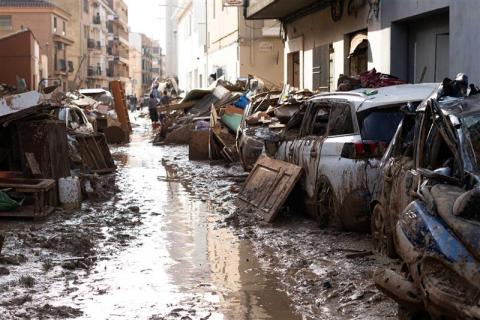
Human-induced climate change amplified the intensity and extent of the rainfall that affected Valencia during the October 2024 dana, according to a new attribution study involving several Spanish research centres. Using climate simulations, the study, published in Nature Communications, shows that present-day global warming conditions increased precipitation intensity by 21 %, expanded the area receiving more than 180 millimetres of rain by 56 %, and raised the total rainfall volume in the Júcar River basin by 19 % compared to a pre-industrial scenario. The authors highlight “the urgent need for effective adaptation strategies and improved urban planning to reduce the growing risks associated with extreme hydrometeorological events in a rapidly warming world.”

Moderate-intensity physical activity, such as walking at an average speed of 5 km/h for an additional five minutes per day, is associated with a 10% reduction in all-cause mortality among most adults, according to a study published in The Lancet. The research also found that reducing sedentary time by 30 minutes per day was associated with an estimated 7% reduction in all-cause mortality if adopted by most adults. The study analyzed data from more than 135,000 adults from Norway, Sweden, the United States, and the United Kingdom, with an average follow-up of eight years.
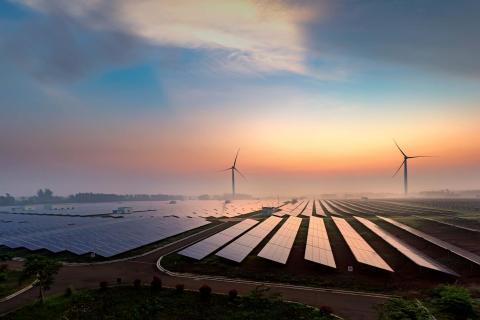
Science magazine has chosen “the seemingly unstoppable growth of renewable energy” as the most notable scientific advance of 2025. The journal highlights that this year was the first in which solar and wind energy surpassed fossil fuel-based energy in certain areas. In this transition, Science highlights the role of China, which now dominates global production of solar panels, wind turbines, and lithium batteries, and has managed to make renewable energy technology cheaper. Among the obstacles, the magazine cites the continued widespread use of coal and political resistance in countries such as the United States.
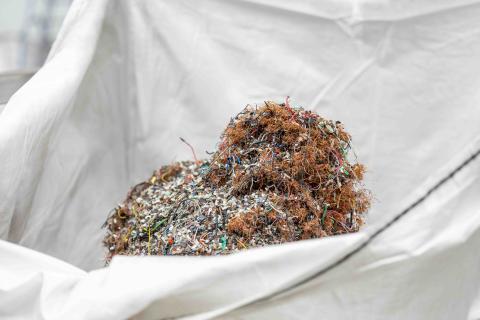
In 2050, the total volume of waste electrical and electronic equipment in Europe will reach between 12.5 and 19 million tonnes, compared to 10.7 million tonnes – around 20 kilograms per person – in 2022, according to the report 2050 Critical Raw Materials Outlook for Waste Electrical and Electronic Equipment. Of this volume, only 54% was collected and treated correctly in 2022. Furthermore, of the one million metric tonnes of critical raw materials such as copper, aluminium and silicon present in this waste, less than half was successfully recovered, according to the report's estimates.
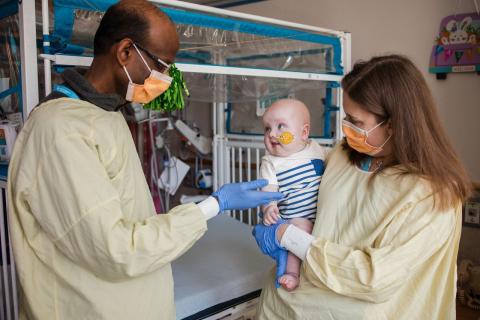
A team from the Children's Hospital of Philadelphia and Penn Medicine (United States) has successfully treated a baby diagnosed with a rare genetic disorder using personalised CRISPR gene editing therapy. The baby, known only by the initials KJ, was born with a rare metabolic disease known as severe carbamoyl phosphate synthetase 1 (CPS1) deficiency. After spending the first months of his life in hospital on a very restrictive diet, KJ received the first dose of his tailored therapy in February 2025, between six and seven months of age. The treatment, which is being used for the first time for this type of disorder, was administered safely, and the baby is now growing well and improving. The case is detailed in a study published by The New England Journal of Medicine (NEJM).
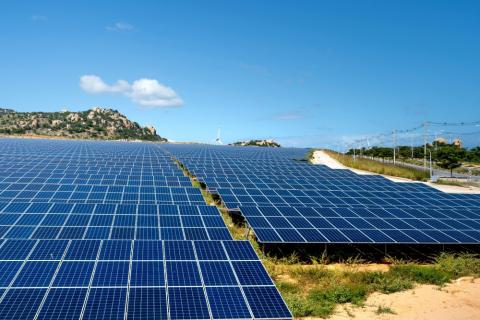
At this time, it is unknown what caused the massive power outage that left millions of people without electricity on the Iberian Peninsula on Monday. The influence of renewable energy sources is also unknown.

An international team has found that aspirin is capable of reducing the appearance of metastasis in mice, by enabling the activation of T lymphocytes capable of recognising tumour cells. The research showed that several different mouse cancer models — including breast cancer, colon cancer and melanoma — treated with aspirin showed a lower rate of metastasis in other organs, such as the lungs and liver, compared to untreated mice. According to the authors, who publish the results in the journal Nature, ‘the finding paves the way for the use of more effective anti-metastatic immunotherapies’.

An international team of scientists from the KM3NeT collaboration has detected the signal from the highest-energy cosmic neutrino to date, some 30 times higher than those previously detected. The result suggests that the particle came from beyond the Milky Way, although its precise origin has yet to be determined. The results are published in the journal Nature.
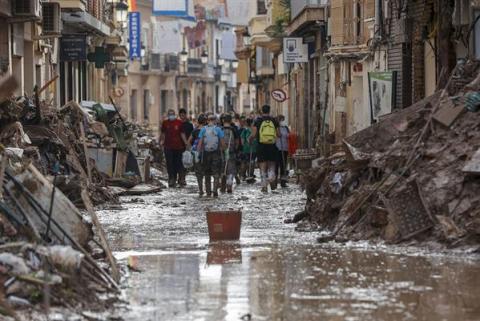
A study by a team from the ClimaMeter project claims that the intensification of rainfall from the DANA that devastated Valencia and other regions on 29 October is mainly attributed to human-induced climate change. Natural climate variability, on the other hand, probably played a modest role. According to the analysis, this DANA was driven by very exceptional weather conditions. The work also shows that the DANA-like depressions that cause flooding in the southeastern peninsular are up to 15 % wetter than they were in the past. In addition, temperatures are up to 3°C warmer, which favours storm formation in these events over the Mediterranean basin.

An international team with Spanish participation has analysed which day of the week has the highest risk of suicide mortality, and it is Monday. The research, published in The BMJ, includes more than 1,700,000 suicide cases registered in 26 countries - including Spain - from 1971 to 2019. The data also show a sharp increase in the risk of suicide on New Year's Day in most of the countries analysed. Taking these results into account, the authors propose that they should be used to define plans and awareness-raising campaigns.